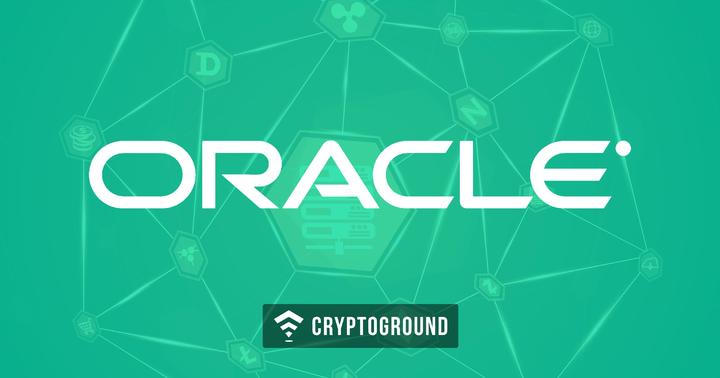American Tech Giant Oracle and World Bee Project have teamed up to build a Blockchain-based sustainability assurance system to track the origin of the honey, as per the report shared by Ledger Insights on July 5.
Each party engaged in the honey supply chain can upload information to a distributed ledger technology (DLT), that depends on the Oracle Blockchain Platform. Here, the data uploaded remains unchanged, so honey can be tracked from hive to store. As per the report, the latest merger focuses on launching a "BeeMark" label that's a so-called assurance that honey comes from ecological and sustainable resources.
Apart from Blockchain Technology, BeeMark aims to utilize data science to monitor environmental factors belonging to the bees’ surroundings. Oracle has a goal to install tracking systems inside beehives globally so that it can track the bee's behavior and health.
A report shared by Blokt claims that 75% of honey sold in the stores is "fake" and is mixed with additives such as processed sugar, corn syrup, and salt. This makes it troublesome for consumers and economic burden for responsible beekeepers.
Oracle has previously worked with WBP in the past to build a blockchain-based solution which certifies honey is genuine. Based on the report, this solution monitors information uploaded to the Oracle Blockchain platform to signal changes to the honey in the supply chain.
Apart from the benefits mentioned above of supply chain tracking, the report says that Oracle and WBP finally aim to find the main reason behind population decline in bees and provide solutions for the management of populations. Also, bee decline has a great risk for the future of agriculture.
Both the firms will utilize Blockchain Technolgy to capture, store, and share information throughout the supply chain by offering a fixed ledger of all the data and transactions which could verify the precise location of honey products at the point of the scale.
Scientists at the University of Reading developed a verification process that consists of gathering and storing a pollen 'signature' from the hive's surrounding plants to the blockchain. Honey will not be certified as pure if other pollen signatures are found in the product.
Moreover, the execution of the blockchain technology checks the source of honey at the point of scale, hence enabling shopkeepers to sell their products at a high price, assign more time and resources to hives, and to encourage to take care of their bees better. Consumers are also sure that honey they are purchasing is pure.
Oracle and World Bee Project might also use Cloud and Internet of Things (IoT) technology to have a better understanding of the health and behavior of bees and to find out series threats that they are facing. The "smart hives" projects will be held in 60 locations.
Lately, Nestlé has made a collaboration with blockchain-based network OpenSC to build a blockchain technology for supply chain tracking.
























